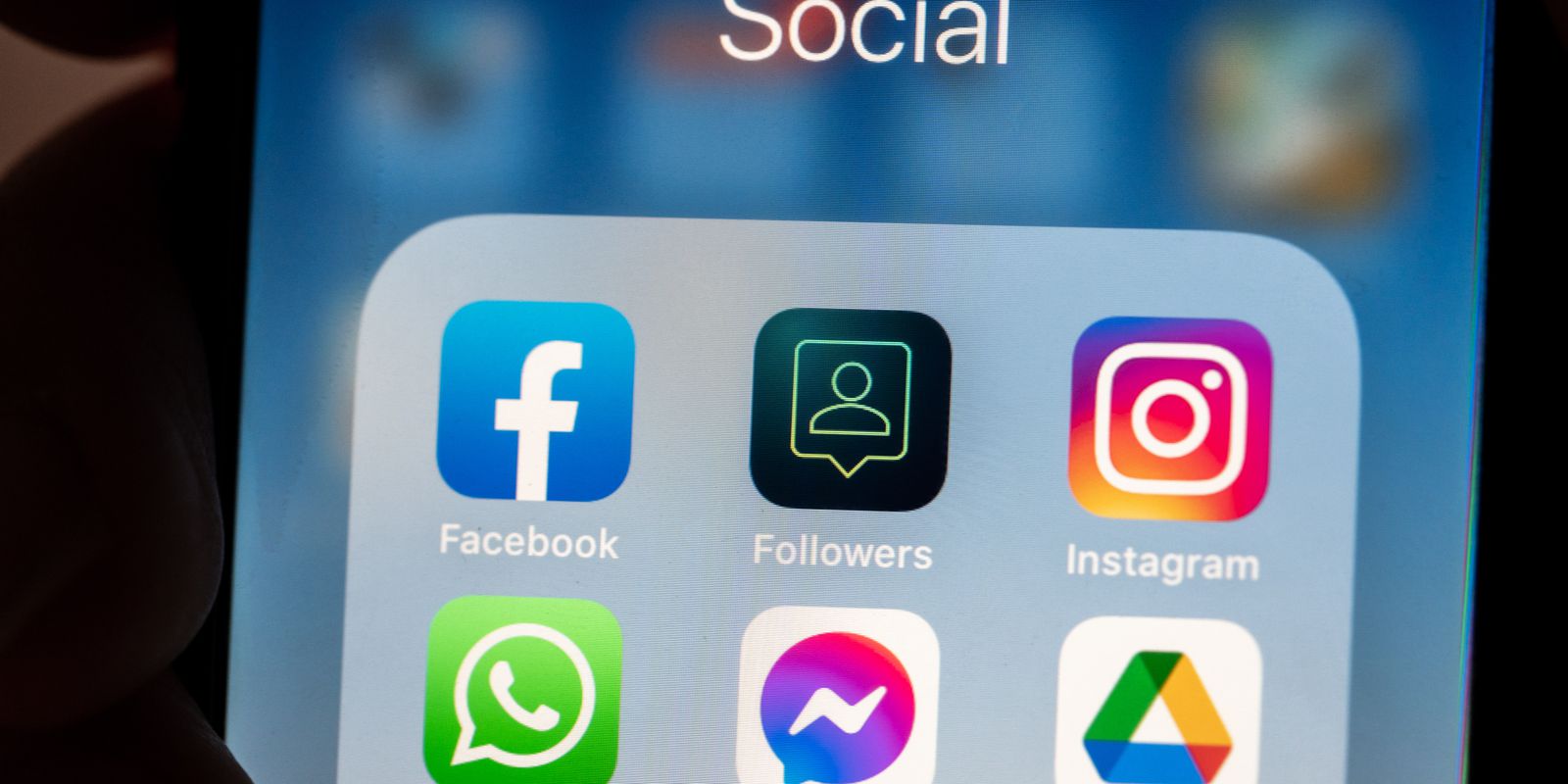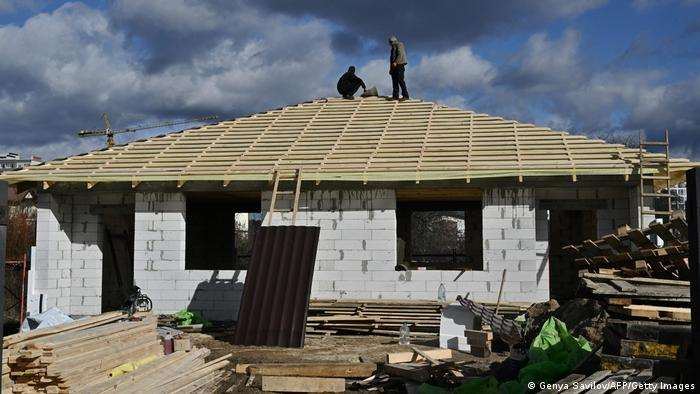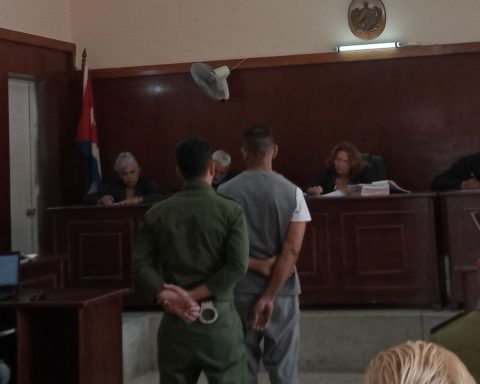Minister Dias Toffoli, of the Federal Supreme Court (STF), defended, this Wednesday (29), the self-regulation of social networks as one of the measures to combat the spread of attacks against democracy and hate speech.
In the morning, the Minister accompanied the second day of the public hearing held by the Court to discuss the rules of the Civil Rights Framework for the Internet on the removal of offensive content from social networks.
In a press conference after the hearing, Toffoli assessed that self-regulation by companies that manage social networks is welcome. He cited as an example the National Advertising Self-Regulation Council (Conar), a private body that brings together advertising companies that define their rules for running campaigns. “Self-regulation is always welcome, because you only leave the exceptions to the judiciary,” he said.
Toffoli’s court colleague, Minister Luiz Fux pointed out that self-regulation can also be a way to reduce the number of actions that reach the Judiciary. “Self-regulation is a filter in this regard. In deciding the case, we will have to choose a model. This, as it is sub judice, cannot be advanced, ”he said.
Actions at the Supreme Court
The public hearing was convened by Toffoli and Fux, rapporteurs of actions that deal with the responsibility of providers in the removal of content with misinformation, dissemination of hate speech extrajudicially, without express determination by the Justice.
In the process reported by Minister Fux, the STF will discuss whether a company that hosts a website on the Internet should monitor offensive content and remove it from the air without judicial intervention.
In the case of the lawsuit reported by Dias Toffoli, the court will judge the constitutionality of the Marco Civil da Internet rule (Law 12.965/2014) which requires a prior court order to hold providers accountable for illicit acts.
The hearing would have been held in 2020, but, due to the restrictions caused by the covid-19 pandemic, it was postponed and took place only now.
















